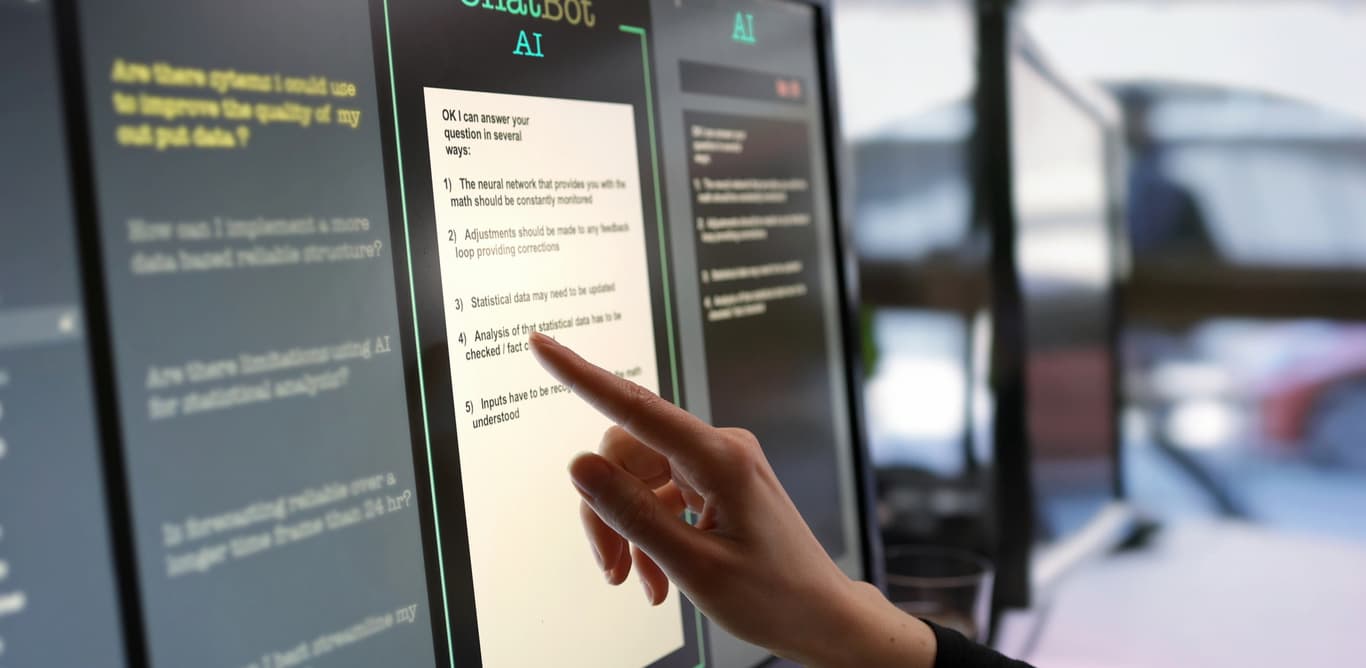Generative AI, a groundbreaking technology, is changing how digital ads are created and managed. And it isn’t just about making sense of data – it’s about using that understanding to craft something fresh and valuable. It’s where creativity meets technology, opening up endless possibilities.
This article will tell you everything you need to know about Generative AI, especially in the context of Google Ads, and explore its impact on digital advertising strategies.
What is Generative AI in the Context of Google Ads?
Available for Performance Max campaigns, generative AI, in the context of Google ads, is an advanced subset of artificial intelligence that focuses not just on analysing data but on creating and optimising content.
In Google ads, this means an AI that can autonomously generate and adjust ad copy, images, and even video content for search ads based on various inputs, such as user behaviour, current market trends, and historical performance data.
So, in other words – imagine a system that understands your brand voice and can create ad content that resonates with your specific audience. This technology can analyse millions of data points to determine what type of ad content performs best for a specific demographic, at a particular time, or even in a specific location.
When Did Generative AI Become Available for Google Ads?
Although generative AI for Google ads has been steadily rolling out since 2021, they’ve recently launched new generative AI capabilities for performance max campaigns – meaning asset creation for AI-powered ads will be better and more optimised than ever.
Benefits of Using Generative AI in Google Ads
Google AI advertising technology is an exceptional tool that’s designed to complement the expertise of digital marketing professionals. A significant pull factor for marketing professionals is the efficiency in ad creation and optimisation.
Generative AI can quickly generate numerous ad variants, test them, and identify the most effective ones – potentially saving countless hours of manual testing and analysis. By efficiently generating diverse ad variations and enabling real-time testing, it acts as an invaluable assistant to a digital team.
This efficiency extends to cost savings as well. By automating the more routine aspects of ad relevance and optimisation, the allocation of time and resources can be streamlined, focusing on strategy and creative direction.
This combination of AI and human creativity can transform advertising strategies, offering unparalleled customisation and optimisation opportunities.
For example, Google AI provides speed and scale, and marketing experts bring strategic insight and creative direction, leading to more innovative, and, most importantly, effective performance max campaigns.
Another advantage is hyper-personalisation. So, unlike traditional advertising methods, generative AI can create highly personalised ads that speak directly to individual consumers. This level of personalisation with online advertising leads to increased engagement and conversion rates.
Lastly, and potentially the most impactful benefit – is the enhanced return on investment (ROI).
With Generative AI, Google ads are not only created and optimised more efficiently but are also more effective. The AI’s ability to analyse vast amounts of data and actually continually learn from it means that it can constantly refine new ads and improve existing ads and campaigns, leading to higher conversion rates and better overall campaign performance.
How to Implement Generative AI in Your Google Ads Strategy
Although generative AI in Google ads is exciting, the actual process of implementation into a carefully thought out Google Ads strategy requires a thoughtful approach.
The first step is to understand your advertising goals and how AI can help achieve them. Whether it’s increasing brand awareness, driving conversions, or enhancing user engagement, having clear objectives is crucial.
Once goals are set, the next step is to choose the right tools and platforms. Google offers a range of AI-powered advertising solutions that can be integrated into your strategy. These tools can automate bidding, offer predictive analytics, and generate dynamic ad content, among other capabilities.
Training is also absolutely essential. If you’re planning on creating ad campaigns in-house, ensuring that your team understands how to work with AI tools is essential for maximising their potential. This might involve training sessions or consulting with PPC experts.
Another important aspect is data. Generative AI thrives on data, so making sure to have a data collection and management system in place is essential. Remember, this data feeds the AI, enabling it to learn and improve over time.
Finally, continuous monitoring and optimisation. Google AI systems are not set-and-forget tools – they require ongoing oversight and refinement to ensure they align with the evolving market of your particular industry, as well as your business goals.
Future Trends and Predictions
The future of generative AI in Google ads is looking incredibly promising.
We expect to see more sophisticated AI features that offer even greater personalisation and accuracy in ad targeting.
These advancements will likely include better natural language processing capabilities, allowing AI to create even more convincing and engaging ad copy and other automatically created assets as the year goes on.
Create Effective Google Performance Max Campaigns With the Help of Our PPC Experts
Are you looking to improve ad performance or need help with making sure your online business has a successful performance max campaign strategy?
Whether it’s insights on your existing bidding strategies or help with understanding how to reach new target audiences, our PPC team is highly experienced and skilled in Google ads management and pay-per-click services, with the ability to assist businesses at both local and national levels.
For more information, get in touch today by calling us on 0151 652 4777.
Posted on Friday, January 5th, 2024 in Latest News.











